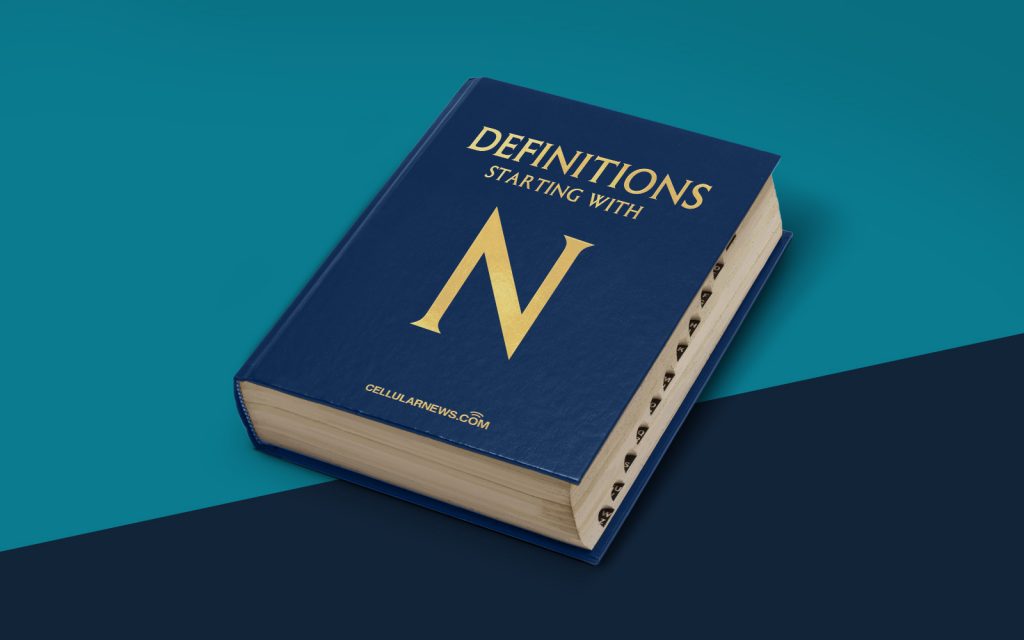
What is a Netwar?
Welcome to the “DEFINITIONS” category, where we break down complex concepts into easily understandable terms. Today, we will be diving into the intriguing world of Netwar. So, what exactly is a Netwar?
Netwar refers to a type of conflict in which both state and non-state actors engage in a battle that transcends traditional physical boundaries. Unlike conventional warfare, which focuses on armed confrontations between military forces, Netwar operates in the realm of information and communication technologies. This form of warfare leverages the power of interconnected networks, such as the internet and social media platforms, to spread ideas, shape narratives, and mobilize supporters.
Netwar is characterized by its decentralized nature, where various actors collaborate to achieve their goals. These goals can range from promoting a particular ideology, destabilizing governments, or influencing public opinion. In a Netwar, the battlefield shifts from physical territories to the digital space, making it difficult to contain or control.
Key Takeaways:
- Netwar is a form of conflict that utilizes information and communication technologies, rather than direct physical confrontation.
- It involves a range of actors, both state and non-state, collaborating in a decentralized manner.
In a Netwar, the digital landscape becomes a battleground as competing ideologies clash, propaganda spreads like wildfire, and individuals are recruited or influenced through online channels. Here are a few characteristics that define this modern type of warfare:
- Networked Operations: Netwar relies heavily on the coordination and collaboration of multiple actors, who work together through interconnected networks to achieve their objectives. This networked approach allows for increased agility and flexibility, as well as the ability to rapidly adapt tactics.
- Information Warfare: The primary weapon in Netwar is information. Actors engage in strategic communication campaigns, spreading messages and narratives to shape public opinion. Disinformation, propaganda, and psychological manipulation techniques are often employed to influence target audiences effectively.
- Non-Hierarchical Structure: Unlike traditional military hierarchies, Netwar’s participants operate in a decentralized manner. There is no central command or clear chain of command. Instead, individuals and groups self-organize and cooperate based on shared interests or goals.
- Adaptable Tactics: As the digital landscape constantly evolves, Netwar actors must stay agile and adaptable. They leverage emerging technologies, exploit vulnerabilities in communication systems, and quickly shift tactics to overcome countermeasures implemented by opposing forces.
Netwar is a complex and ever-evolving concept, reflecting the rapid advancement of technology and its impact on conflicts in the modern world. Understanding this form of warfare is essential for policymakers, security professionals, and individuals seeking to navigate the intricacies of the digital age.
So, the next time someone asks you “What is a Netwar?” you can confidently explain that it is a battle fought in the cyberspace, where information, networks, and ideologies collide.
